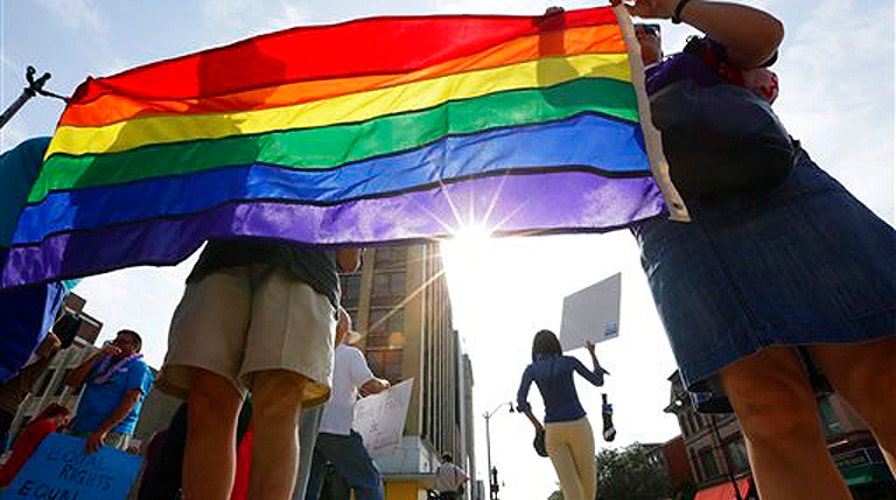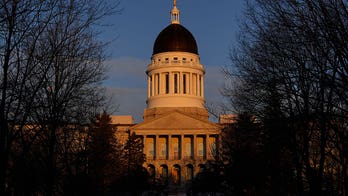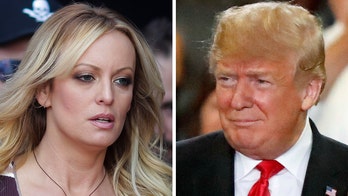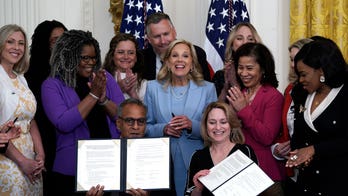The Supreme Court decision striking down the crux of the Defense of Marriage Act and opening up federal benefits to married gay couples creates new tension between the Obama administration and social conservatives as the federal government prepares to change policies in response.
President Obama said Thursday, during a press conference in Senegal, that his agencies will "comb through" every federal statute to see which benefits can be extended to gay couples.
His administration will have to be mindful of state laws, as it's unclear whether some benefits would be available to couples in states that do not permit gay marriage.
Obama said that, personally, he thinks they should be available to all. "But again, I'm speaking as a president, not a lawyer."
Typically, when the court rules on a matter pertaining to federal benefits, there are significant taxpayer repercussions. The ruling in favor of ObamaCare, for instance, ensured that Americans would be compelled to buy insurance, preserving the program and its affiliated taxpayer-backed subsidies.
In this case, there will be such repercussions, as more than 1,000 federal laws -- many of them involving benefits -- are tied to marital status. But past studies suggest the overall impact on the budget could be negligible.
A 2004 Congressional Budget Office study showed that, by the end of a 10-year period, recognizing same-sex marriages could actually save up to $200 million a year. The impact is a mixed bag. Some programs, like benefits for spouses of federal workers, would cost the government millions more dollars a year. But the CBO noted that -- by virtue of same-sex marriages being recognized - some gay couples would not qualify for federal benefits like Medicaid because their combined income would make them ineligible.
Obama, though, indicated that federal lawyers and officials would tread carefully as they determine which benefits to extend.
"We're going to be evaluating all these issues," Obama said.
The reality is that, despite the Supreme Court's ruling, the nation and the states are still deeply divided on the issue of gay marriage.
The decision itself was split, 5-4, along ideological lines.
Gay marriage is legal in 12 states, but outlawed by statute or constitutional amendment in 35 states.
Lawmakers from some of those states decried the high court decision and warned the federal government against any overreach in response.
"Today's decision leaves to the States to determine their own legal definition of marriage. This is as it should be under the Constitution. States needn't agree on the definition of marriage in order to respect each other's right to legislate on that question," Sen. Mike Lee, R-Utah, said. "I believe marriage is properly defined as between one man and one woman. I hope the Court will respect its own decision and the constitutional rights of Utahns and citizens of every state to legislate in their own States according to their beliefs and values."
While vowing to pursue changes at the state level, some social conservatives were not giving up the fight at the federal level.
Rep. Tim Huelskamp, R-Kan., announced late Wednesday that he will introduce an amendment to the U.S. Constitution to do what the Defense of Marriage Act did -- "define marriage as the union of one man and one woman."





